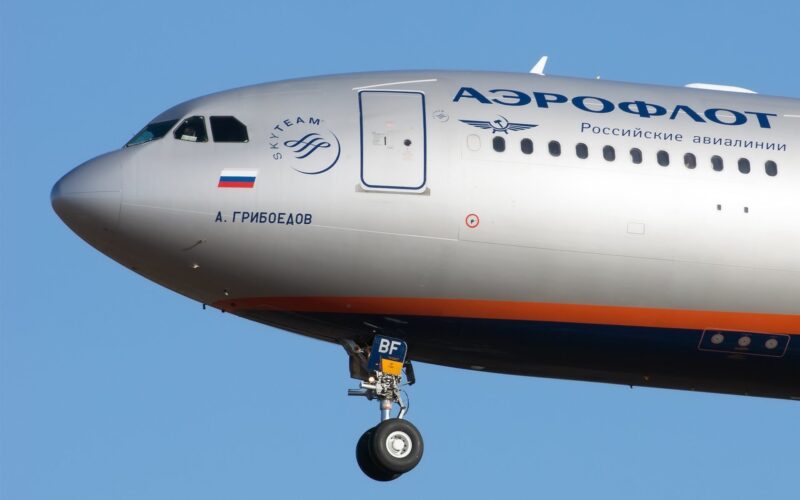Aeroflot will become the first airline in Russia to operate three Airbus A330 aircraft through a wet-lease agreement. The move follows recent changes to Russia’s air transport regulations, allowing carriers to lease aircraft with crews for domestic operations.
Following a preliminary agreement announced on November 30, 2024, Aeroflot plans to take three Airbus A330s from Moscow-based charter carrier iFLY. Once the deal is finalized, Aeroflot’s Airbus A330 fleet is expected to grow to 15 aircraft, increasing the airline’s capacity to handle high-demand domestic routes.
According to an Aeroflot statement, the newly leased A330s will be deployed on long-haul flights from Moscow to destinations in eastern Russia, including Vladivostok, Khabarovsk, Yuzhno-Sakhalinsk, and Petropavlovsk-Kamchatsky.
“The wet leasing of an aircraft with a crew to perform flights in Russia is a new mechanism that will contribute to the development of civil aviation in our country. For carriers that take aircraft on wet lease, this will allow them to quickly expand their fleets, for example, during periods of high demand or when new routes are introduced. Transferring aircraft provides an opportunity for the airline to reduce the costs of commercial fleet management and payroll. In other words, wet leasing will positively impact the operations of all parties involved, ultimately enhancing the volume of air transportation and the mobility of our citizens,” explained Dmitry Yadrov, head of the Federal Air Transport Agency.
Until recently, wet leasing was not permitted in Russia due to regulatory issues and geopolitical tensions. After sanctions and conflicts with the EU and the US, Russia restricted foreign aircraft in its airspace. Wet leasing, which includes leasing aircraft with crews, maintenance, and insurance, usually involves foreign operators. However, the country’s strict regulations on aircraft registration and foreign crews made wet leasing complicated. Foreign carriers would need special agreements, which were not always feasible.
The amendment to the Air Code in early August 2024, which came into effect on September 1, 2024, legalized the practice.

